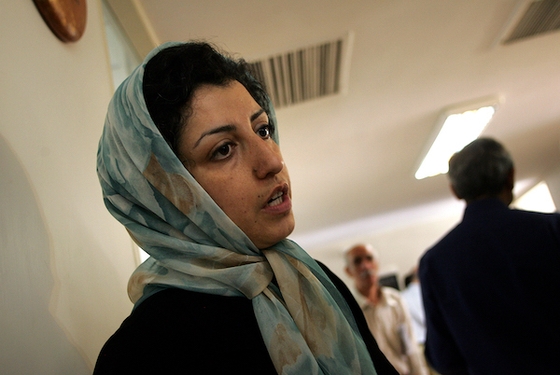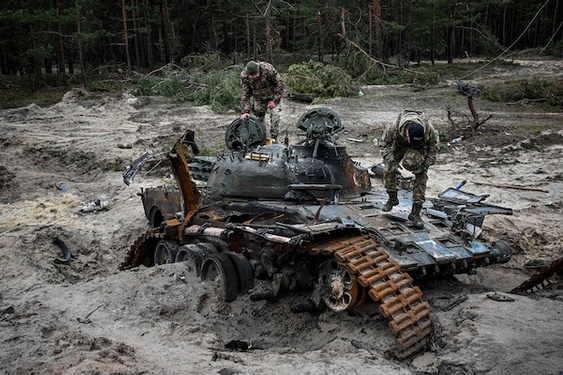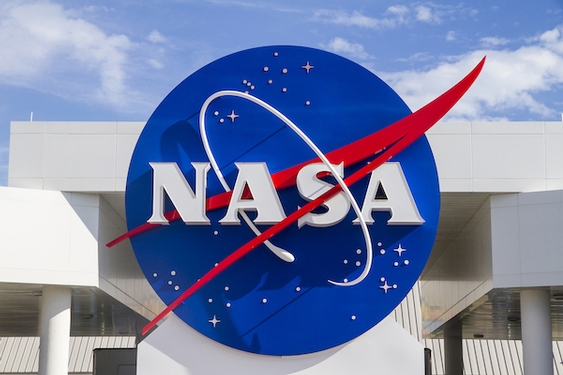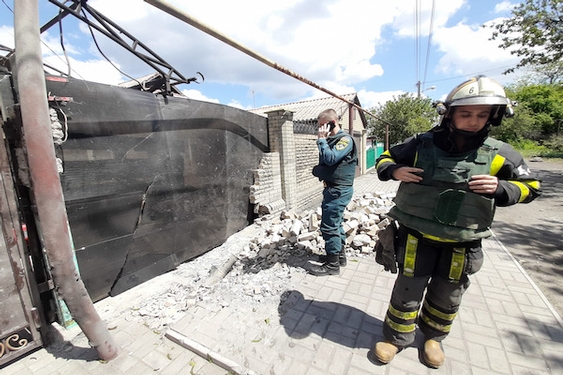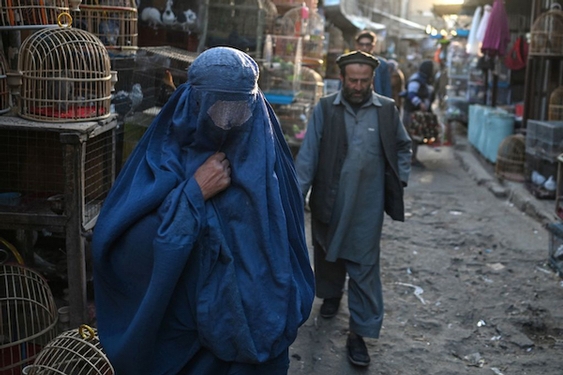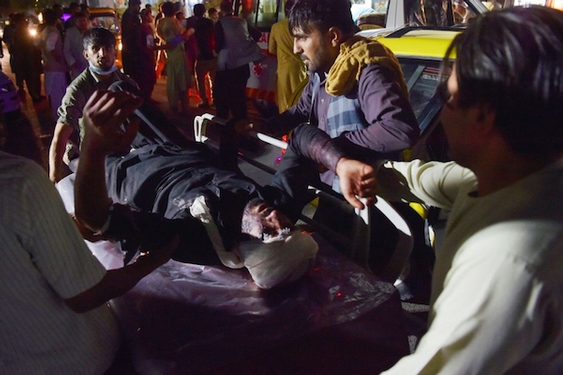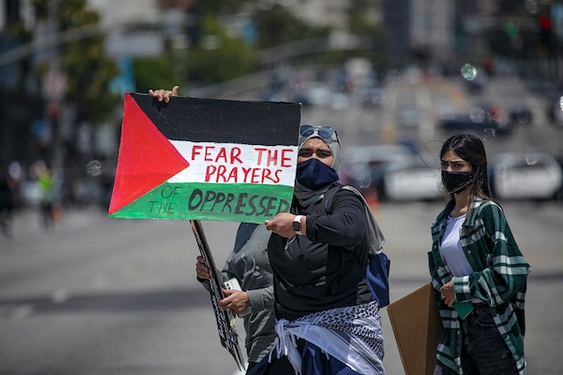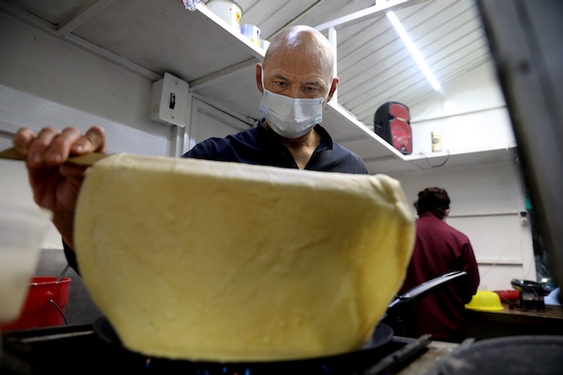But inside modernistic white buildings are pieces of Pittsburgh, Ithaca, N.Y., and other U.S. university towns: fully functioning mini-campuses of four major American educational institutions.
Washington-based Georgetown University, which was founded by Jesuit priests, has been in long-running negotiations to join Carnegie-Mellon, Cornell Medical School, Texas A&M University and Virginia Commonwealth University on the edge of the Arabian peninsula.
"There has been stereotyping (between the Arab and Western worlds). ... We would like to break that. We are showing the best of the American system here," said Mohammed Fathy Saoud, higher education adviser to the nonprofit Qatar Foundation, which oversees Education City and other projects.
The experiment is unique in several ways. The mini-universities operate without government interference, and natural gas- and oil-rich Qatar pays the bills. Students from Muslim countries will receive degrees just as they would if they graduated on the home campus.
Most classes are co-ed, a rarity in the conservative Persian Gulf.
Throughout much of the Arab world, leaders and citizens have mixed feelings at best about the United States. But Qatar’s emir, Sheikh Hamad bin Khalifa al Thani, has wooed America, partly to cement his country’s independence from much larger neighbor and rival Saudi Arabia.
Qatar, which juts into the Persian Gulf from the Saudi east coast, hosts a massive U.S. airbase and the forward operating headquarters of U.S. Central Command.
Sheik Hamad is hardly President Bush’s idea of a Muslim democrat. He took power 10 years ago in a bloodless coup.
But since ousting his father, the sheik has modernized and liberalized Qatar. Parliamentary elections are due by mid-2006 under a constitution adopted last year, and the media is relatively free, although no direct criticism of the emir is permitted. Al-Jazeera, the Arab satellite TV channel best known in the United States for broadcasting Osama bin Laden’s videotapes, is based here and subsidized by the royal family.
There appears to be wide support for the changes in Qatar, which practices a relaxed brand of the strict Wahabi sect of Sunni Islam.
Even limited liberalization, however, may make Qatar a target of extremists. In March, Qatar suffered its first terrorist attack in decades. A British citizen who taught English at the Qatar Academy, part of the sprawling Education City complex, was killed.
Qatar Foundation president Charles Young, a former UCLA chancellor, said the reforms undertaken so far may be the easy ones. As their implications – such as greater numbers of unveiled women – become clearer, "there’s bound to be a reaction," he said.
Education City, where more than half the students are women, could even be blamed.
Nor is it clear that the reforms being pursued in Qatar, with its vast resources and small, homogenous population, would work in, say, Egypt.
For Qatar, money clearly is no object. With vast offshore natural gas deposits and only 200,000 citizens, it could soon be the richest country, per capita, in the world.
Young knows only that the budget of his foundation, overseen by the emir’s wife, is "shy of a billion" dollars and growing rapidly.
© 2005, Knight Ridder/Tribune Information Services.



